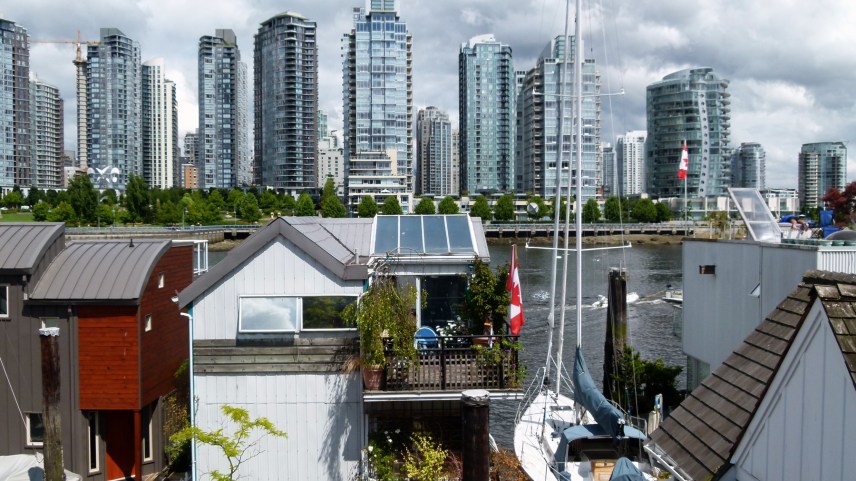Vancouver real estate is seeing the largest drop in new listings in the country. Numbers from the Canadian Real Estate Association (CREA) show the city’s decline is the highest ratio of any urban center. The drop is followed by a bigger drop in sales however. This is dragging the sales to new listings ratio closer to a balanced market.
New Listings Drop Over 14% In Vancouver
Vancouver is the urban centre with the highest drop in new listings. The region had 35,395 new listings year-to-date ending in July, a 14.1% decline compared to last year. This makes it the largest relative drop across Canada.
Source: CREA.
Worth noting that the second largest decline is currently in the surrounding region. Fraser Valley, a suburb surrounding Vancouver, has 19,372 year-to-date ending July. This is a 13.9% decline from the same time last year.
Sales To New Listings
New listings mean nothing, unless you’re comparing them to sales. So let’s look at the sales to new listings ratio. This is a basic indicator used by the Canadian real estate industry to help determine the rate that inventory will accumulate. A balanced market is a ratio of 50%. Above that, and it’s moving towards a sellers market, increasing pricing pressure. Below 50%, and it’s moving towards a buyers market, and pricing pressure lowers. There’s a few exceptions, but this is how the indicator is used in its most basic form.
Vancouver’s Sales To New Listing Ratio Is Dropping
New listings are dropping, but not as fast as sales are in the region. Vancouver’s sales to new listings ratio is at 64% year-to-date, a decline of 8.1% from the same period last year. This makes it the fifth fastest falling sales to new listings ratio of any urban area across Canada. Despite the drop, it’s still in the realm of sellers market for the year. Still worth noting that the rapid decline could flip the market to a buyers market very quickly. That is, if buyers recognize the increasing advantage mounting in their corner.
Source: CREA.
Vancouver’s seeing the fastest decline in new listings across the country, but it’s also seeing sales decline faster than listings. The resulting higher inventory levels do mean expect decelerated price growth. Although Vancouver seems to be scary good at managing supply and demand when it comes to listings.
Like this post? Like us on Facebook for the next one in your feed.

Where is the mention of Vancouver house prices booming and accelerating upwards? Because that is what is going on.
[…] The detail is here. […]
It will crash and burn, just a matter of time. Relators feeding on the flesh of hard working Canadians has to stop.
Reale estate crash is coming, a reason central bank to be in a hurry with the interest rate. Everybody will be thinking the prices will continue going up when suddenly in a matter of week-two the biggest ever correction will start. The clock is ticking tic-tac. Save your money and be prepared to buy then.
Met a Chinese girl recently and we spoke about the market. She told me that it is getting expensive even for normal Chinese people. This was a red signal for me telling me not to rush into buying a property and wait for the market correction. Sales listings dropped, sales dropped too, people are getting cautious and take the wait and see stance. Something big is looming that will scare the hell out of here, people will panic big time losing the big money they could have cashed out easily last and this year.
My Chinese colleagues are saying prices can go even further, it is still cheap compared to other big cities. But I don’t believe fairy tale stories. Supply/demand law is applicable not only to properties but also the family/single incomes. As prices have gone up many people would not be able to afford to buy a property simply because salaries are not indexed with the current market conditions. BC is totally f* up.
Came back from vancouver. Houses still selling well above asking price within a few days. Mainly cash Chinese buyers.
Anything over 1.5 million is just sitting, and there are only crickets at the open houses. With Canada’s GDP numbers so strong expect interest rates to rise 4 – 5 times in the next year. The age of free money is over. Then there are the new OSFI rules for mortgages, severe restrictions on Chinese money and the huge levels of debt Canadian’s are carrying. The party is over.